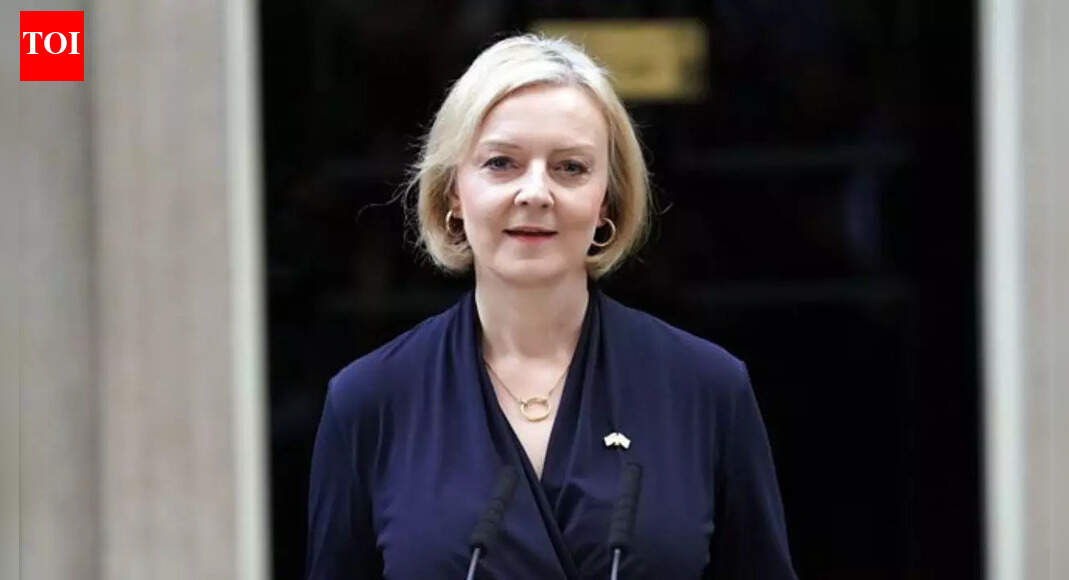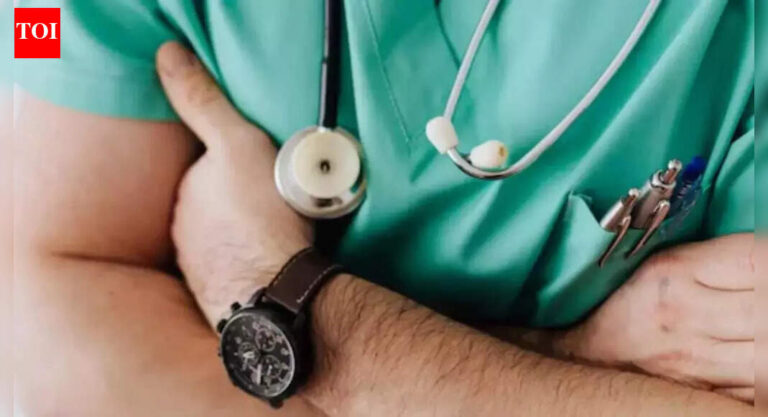
Former UK Prime Minister Liz Truss has condemned a newly approved NHS clinical trial that will provide puberty blockers to children as young as 10, calling the move “evil” and accusing the health service of reviving what she describes as “dangerous transgender ideology”. Her comments come as the NHS prepares to launch a multi-million-pound study that will test puberty suppression drugs on under-16s for the first time since their routine use was banned in 2024.
Liz Truss denounces the trial as harmful and ideological
Truss criticised the decision in forceful terms, arguing that subjecting children to experimental medical interventions amounts to “state-sanctioned harm”. She said allowing 10-year-olds to take puberty blockers is “indefensible”, adding that the study reflects a return of what she calls “the ideology that caused so much damage at Tavistock”.Truss argues that the NHS trial represents a failure to learn from past mistakes. She argues that the collapse of the Tavistock Gender Identity Development Service, amid concerns over rushed treatment, poor safeguarding and inadequate evidence, should have prompted a complete halt to medical interventions on children rather than a reintroduction through research trials.she maintains that puberty is a natural developmental process that should not be interrupted, especially by drugs with unresolved questions over their impact on bone health, fertility and brain development. In her view, the state has a duty to protect minors from what she considers unproven and potentially harmful treatments, and she believes the new trial risks repeating a system that prioritised ideology over child welfare.
NHS trial reignites heated debate over child safeguarding
The new Pathways Trial will recruit around 220–226 children aged 10 to 15, all already under NHS gender services and diagnosed with gender incongruence for at least two years. The study aims to evaluate the psychological, cognitive and physical effects of puberty blockers, including their impact on bone density, brain development, fertility and mental health.Participants will be randomly assigned to start the medication immediately or after a one-year delay, with close monitoring throughout the two-year programme. The NHS says the trial is necessary to fill major evidence gaps identified by the Cass Review, which found “insufficient and inconsistent” proof that puberty blockers provide meaningful benefits.For Truss, the new trial signals a return to practices that previously raised serious safeguarding concerns. She argues that until long-term evidence exists, children should not be exposed to medical interventions with uncertain effects on bone health, fertility and brain development. The NHS, however, maintains that a controlled and closely monitored trial is the only way to answer those unresolved questions, especially after the Cass Review highlighted major gaps in evidence. While the NHS insists that rigorous research is necessary to guide future policy, Truss believes that protecting children from potential harm should take precedence over gathering new data.








